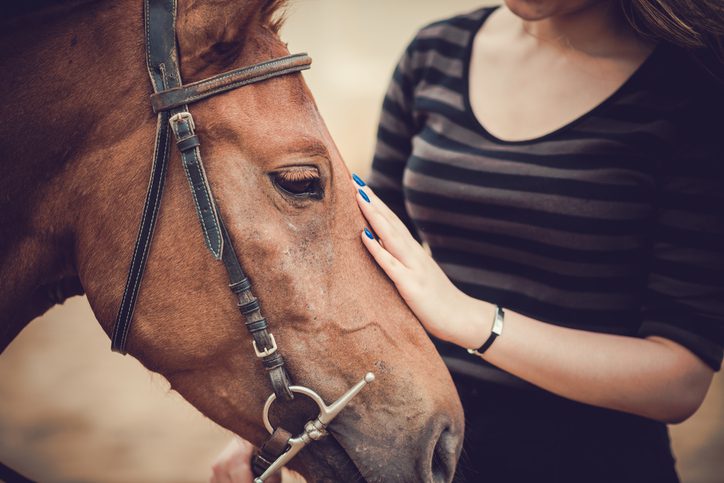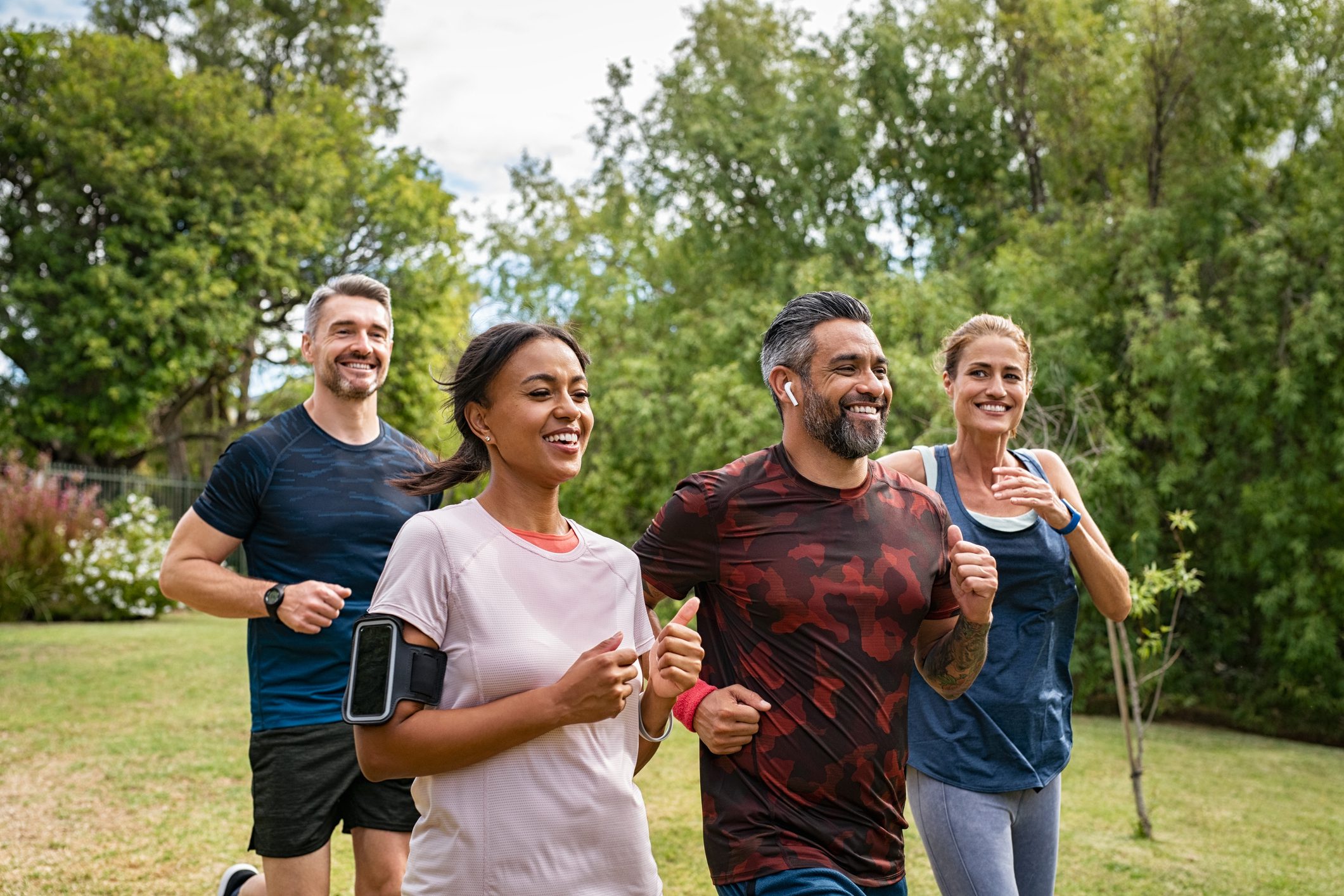Experiential Modalities and Holistic Approaches to Rehabilitation
It is important for individuals to know they can still have fun doing things without using substances to enhance the experience. In experiential modalities, individuals engage in various activities and exercises that aim to facilitate self-discovery, emotional expression, and personal growth. The goal is to provide individuals with opportunities to explore their emotions, develop self-awareness, and practice new behaviors in a safe and supportive environment.
Holistic Approaches to Rehabilitation
Experiential modality recognizes that traditional talk therapy alone may not be sufficient in addressing the complex psychological, emotional, and behavioral aspects of addiction. Experiential modalities in addiction rehabilitation provide a more holistic and immersive approach to treatment. By engaging individuals in experiential activities, therapists aim to address underlying issues, build resilience, improve self-esteem, and develop healthy coping strategies. This hands-on approach can complement traditional therapies and enhance the overall effectiveness of addiction treatment.
Here at Waypoint, some of these holistic approaches include:

Equine-assisted therapy
This therapy involves working with horses to develop skills like trust, empathy, and communication. The interaction with horses can be metaphorical for relationships and can help individuals explore patterns and behaviors in a non-judgmental environment. Waypoint is pleased to offer equine therapy twice per month through a partnership with “LEAP” in Wadmalaw Island.

Art therapy
Art therapy involves using various art forms like painting, drawing, and sculpting to express emotions, enhance self-awareness, and explore underlying issues related to addiction.
While art therapy can be a valuable component of addiction treatment, it is often used in conjunction with other evidence-based therapies and interventions to provide a comprehensive approach to recovery.

Outdoor therapy
Outdoor therapy modality incorporates outdoor activities such as hiking and golfing. It promotes personal growth, and self-confidence, and helps individuals develop problem-solving and decision-making skills.

Mindfulness and meditation
Mindfulness and Meditation Practices that cultivate present-moment awareness and non-judgmental acceptance of thoughts and emotions. These techniques can help individuals manage cravings, reduce stress, and improve overall well-being.

